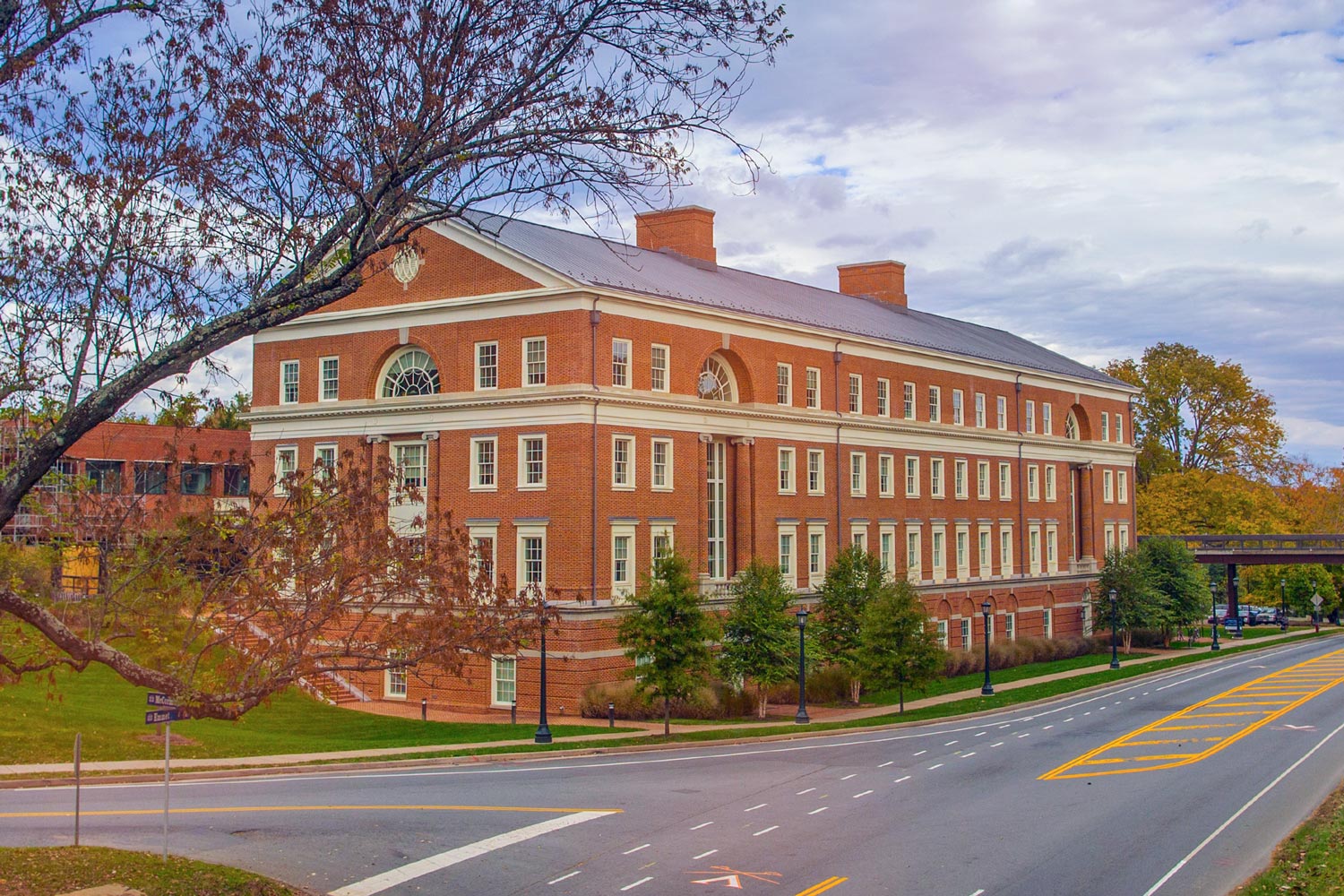The University of Virginia’s Curry School of Education is adding a new Ph.D. program for scholars interested in the growing field of language education.
The “Language Education in Multilingual Contexts” Ph.D., a new concentration within Curry’s existing Ph.D. in education program, is designed for students interested in topics related to teaching and learning in kindergarten-through-high school language education. The new Ph.D. students will explore language education through multiple lenses and in various contexts – whether that’s students learning English as a second language, English-speaking students studying world languages, or students learning within dual-language settings in the classroom or at home.
With a steadily growing number of bilingual and multilingual students from immigrant backgrounds across the country, the new program addresses a need for more research that helps teachers better understand how to serve this population, often labeled as “English learners” or “dual-language learners.” But while the program encompasses this population, it also aims to promote a broad, multidisciplinary view of language education.
“The Ph.D. program provides a unique opportunity for students to develop expertise in linguistic, sociological, anthropological and psychological perspectives on language education and multilingual development,” said Amanda Kibler, an associate professor in Curry’s Department of Curriculum, Instruction, and Special Education and the faculty adviser for the new concentration. “We also purposefully conceptualize language education broadly – to encompass ESL, foreign/world language and bilingual/dual language settings – to enable Curry students to understand important commonalities and distinctions among the different contexts in which students learn languages, as well as to create an area of specialization within this broad field.”
Students will become researchers from day one, partnering with faculty members to explore questions like what types of instructional programs and practices help English learners succeed, how education schools can best prepare teachers to help students learn languages, and how various socio-political contexts, such as immigration debates, affect language education in the U.S.
In all of these questions, Kibler said the program is designed to approach the study of language education from a strengths-based mindset, where researchers consider how to teach language from the perspective of what students already know, instead of focusing on what they lack.
“The program also attends to the lived experiences of multilingual children outside of school to consider the range of home and community resources through which children and adolescents develop their language and literacy repertoires and the varied sociolinguistic and sociopolitical contexts in which they do so,” she said.
Accepting about one to two new students per year, the program emphasizes a personal experience and one-on-one student-faculty relationships. Coursework will build on the strengths of the existing Ph.D. in education, while expanding options related to multilingual education.
Students will also benefit from being part of the larger UVA community, with opportunities for research across Grounds. All students will be required to take at least one interdisciplinary course outside of Curry.
While the program will prepare graduates for research and faculty careers, the flexibility it offers could also lead to a range of other careers, including positions in school districts, government agencies and organizations providing services such as community support for immigrant-origin students or professional development for educators.
The program committee will begin accepting applicants this fall for enrollment beginning in fall 2018. For information, including details on how to apply, visit the program website.

Media Contact
Article Information
October 3, 2017
/content/new-curry-phd-program-address-complexities-language-education-us

